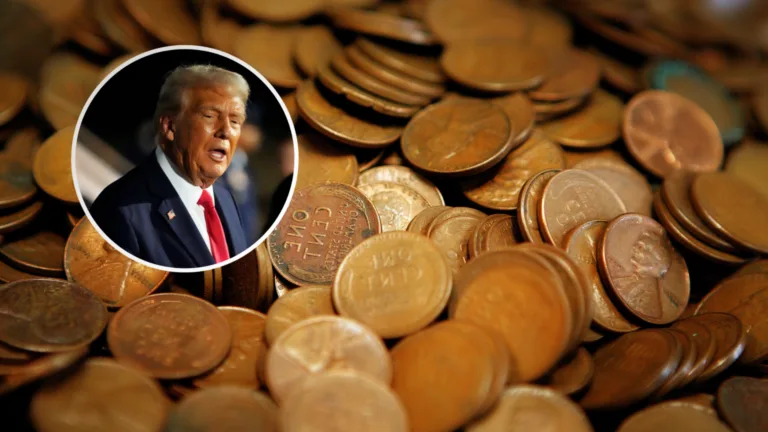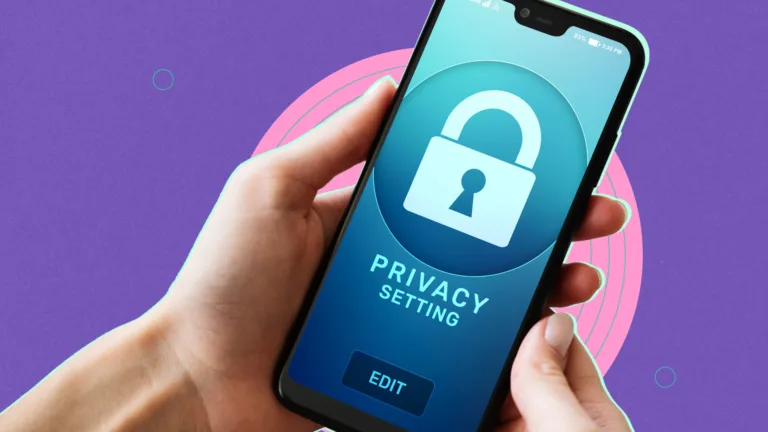The TikTok Ban Drama Is Fueling 6 Hilariously Creative Memes—Check Them Out!

Tick-tock, tick-tock—the clock is ticking. In just three days, the future of TikTok will be decided. On January 19th, the app’s fate hangs in the balance. ByteDance, its Chinese owner, faces pressure to sell the app or face a U.S. ban, amid fears over national security. With 170 million American users anxiously watching, emotions run high, fueling a wave of memes flooding the internet. Some laugh, others fear, but all are united in uncertainty. As the countdown continues, privacy experts weigh in, raising concerns about data security. Will TikTok survive, or fade into the digital abyss? Time will tell.
In a digital world where short-form videos reign supreme, this has become a cultural phenomenon, captivating millions. But now, this beloved app finds itself at a crossroads, with its future uncertain. As the countdown to January 19th ticks down, a decision looms: will TikTok be forced to sell to a non-Chinese buyer, or will it be banned in the United States? The stakes are high, and the fate of its 170 million American users hangs in the balance.
What Happens If the TikTok Ban Becomes Reality?
If the anticipated this ban takes effect, the app won’t immediately disappear from people’s phones, nor will users face penalties simply for using it or logging in, as some may have feared. However, accessing the platform will become more challenging for U.S. citizens. Major app stores like Apple’s App Store and Google Play, along with cloud service providers such as Oracle, will be prohibited from distributing, maintaining, and updating TikTok. This restriction will create a significant obstacle, severely limiting access to the app and likely shrinking its user base.

The Consequences of a TikTok Ban: A Platform in Decline
Without the ability to receive updates, TikTok will be unable to fix bugs, add new features, or enhance security. Over time, this will lead to the app crashing, slowing down, and becoming incompatible with certain operating systems. Eventually, it will render the platform unusable—though it’s unclear how long that will take. It could be a matter of days, weeks, or even months. The concerns surrounding TikTok’s security have persisted for years, culminating in the U.S. House of Representatives passing a law on March 13, 2024, demanding that ByteDance, the Chinese parent company, sell the app within six months or face a complete ban in the U.S.

Why TikTok Faces National Security Scrutiny: Insights from Privacy Expert
Irina Raicu, a certified information privacy professional and director of the Internet Ethics Program at the Markkula Center for Applied Ethics, explains that the U.S. government views TikTok as a national security threat for two primary reasons. “First, the app collects extensive personal data on all users, including Americans, and under Chinese law, this information could potentially be accessed by the Chinese government,” Raicu noted.

“Second, TikTok’s recommendation algorithm has the power to influence what content users see, which could be seen as a form of manipulation or propaganda,” she added. Raicu also pointed out that these concerns aren’t unique to TikTok; the law affects any apps based in countries deemed “foreign adversaries,” such as Russia and Iran. However, TikTok’s massive popularity in the U.S. sets it apart from other large social media platforms.

ByteDance’s Data Misuse Incident and TikTok’s Operational Transparency
It’s important to note that ByteDance has faced at least one confirmed instance of data misuse. In 2022, the company’s chief internal auditor accessed journalists’ IP addresses to investigate an unauthorized leak of information within the organization. While this incident was verified, it is unrelated to the government’s concerns about national security. Despite being owned by ByteDance, a Chinese company, TikTok has never operated in China. The app’s headquarters are located in Los Angeles and Singapore, meaning it operates under the laws of the United States.

Naturally, the company challenged the law, arguing that it was unconstitutional. A ban would have severe repercussions, as TikTok employs around 7,000 workers, and nearly 5 million businesses rely on the platform to launch and expand their operations.

With so many uncertainties surrounding the potential it ban’s, it’s still unclear whether it will be appealed, sold, or ultimately vanish. These are systemic issues that affect all social media platforms. She emphasizes that individuals must make choices based on their own privacy preferences and vulnerabilities, while also advocating for stronger, more comprehensive privacy protections for everyone, regardless of which platforms they use.






